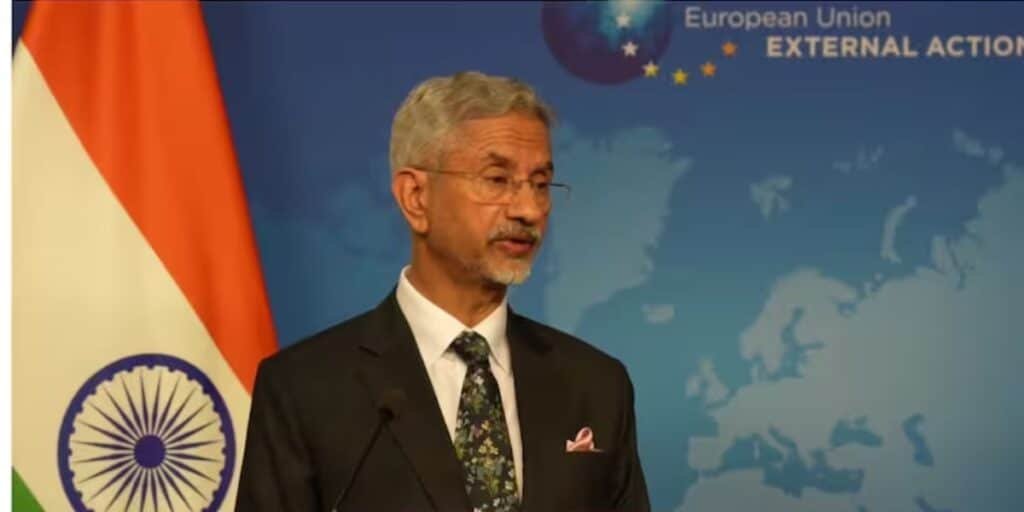WEBDESK: Pakistan has started sending back Afghan refugees who were staying in the country illegally after the March 31 deadline for voluntary return ended. The decision is part of Pakistan’s security measures, as authorities believe some groups in Afghanistan are linked to rising terrorism in the region.
The government had also requested details of Afghan students in Khyber-Pakhtunkhwa by March 27 to update the Foreign National Security Cell’s dashboard, which tracks foreign nationals in the country.
This policy of expelling illegal immigrants is part of Pakistan’s broader security efforts in response to growing terrorist attacks, which Islamabad attributes to groups operating from Afghan soil.
Large-Scale Repatriation Underway
According to officials, nearly 878,972 Afghan refugees have already returned to Afghanistan voluntarily. However, Pakistan still hosts about 2.1 million documented Afghan refugees, with 1.3 million holding Proof of Registration (PoR) cards. Many of these refugees have lived in Pakistan for decades, with a large portion settled in Khyber Pakhtunkhwa (K-P) province.
Challenges for Afghan Refugees
Many refugees, especially those born and raised in Pakistan, now face uncertainty. Cities like Peshawar have long been home to Afghan families who run businesses and contribute to the local economy. Their forced return raises concerns about economic and social challenges in Afghanistan, where conditions remain unstable.
Criticism from Human Rights Groups
Several human rights organizations, including Amnesty International, have criticized the repatriation process, calling it “opaque” and warning that returnees could face serious hardships in Afghanistan. The Taliban government has also urged Pakistan to follow a gradual and structured return process, ensuring that Afghan refugees do not suffer in the transition.
Read more: KP CM Ali Amin Gandapur criticises expulsion of Afghan refugees






